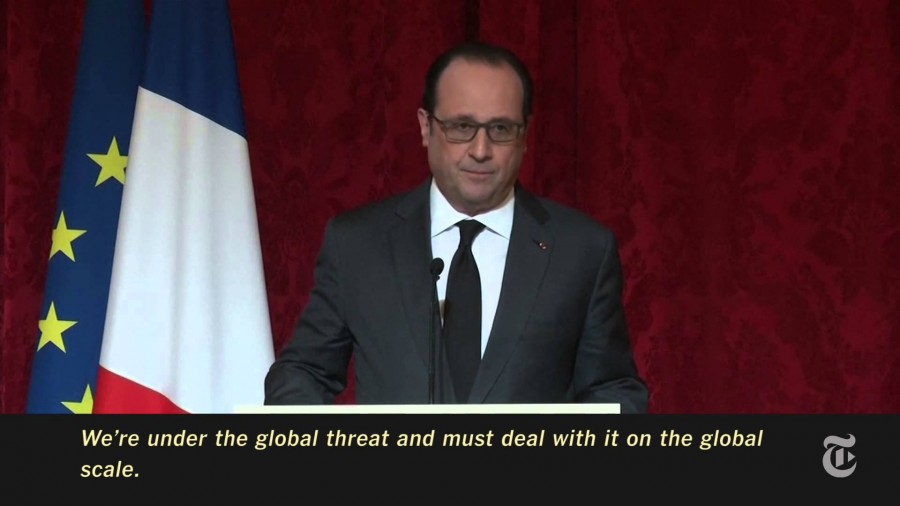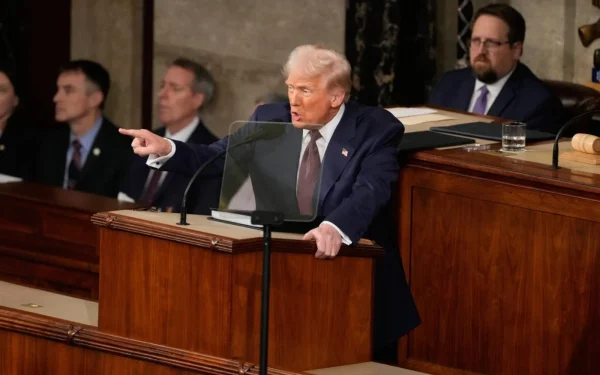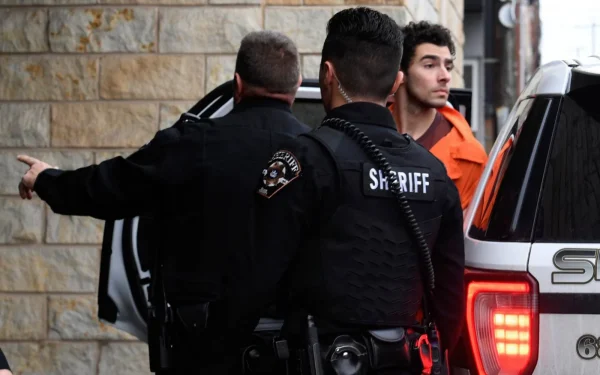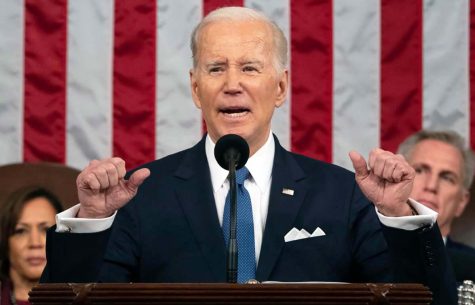The West must come together to combat terror
Google image/Creative Commons license
President Francois Hollande of France speaking to a group of world leaders about threats facing the West.
The face of terrorism is becoming increasingly visible and what’s emerging is ugly.
In the past three years, the Western world has suffered through five major terrorist attacks perpetrated by Islamic fundamentalists. Two years ago, brothers Dzhokhar and Tamerlan Tsarnaev bombed the Boston Marathon and later attacked police officers, killing five.
Almost 15 months ago, Al-Qaeda militants stormed the Paris offices of satirical newspaper Charlie Hebdo, killing 12. On Nov. 13, 130 more were killed in another Paris attack, carried out by ISIS gunmen and bombers. Less than a month later, a couple inspired by jihadist messages killed 14 in San Bernardino, Calif.
And three months into 2016, ISIS terrorists have found their way into Brussels, Belgium, and killed 31 last week in a bombing at Brussels Airport and a nearby subway station.
The world has responded with support each time, but there’s no denying the underlying fear: Terror attacks have been creeping steadily west, becoming increasingly brazen.
These attacks will only come faster if the European Union and the United States continue acting the way they have. There needs to be better and more sustained cooperation between intelligence agencies and between EU governments.
One of the Brussels bombers, Ibrahim el-Bakraoui, had been deported from Turkey to the Netherlands amid clear indicators that he was a jihadist. So why was he allowed into Brussels? As this piece was being written, it was confirmed that the bomb-maker who aided in the Paris attacks was the same man who made the bombs for the Brussels attacks.
Clearly, national borders mean nothing to ISIS fighters and the openness of the EU has made it easy to move between countries.
That’s not to say that borders between EU nations need to be tightened; rather, there needs to be a more shared network of intelligence between countries.
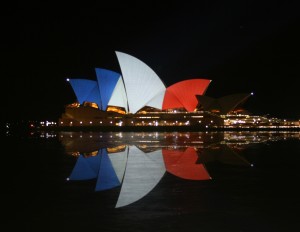
Australia’s Sydney Opera House lit up in the colors of the French flag in a show of solidarity.
While it might be tempting to write off the Charlie Hebdo and San Bernardino attacks as the actions of lone wolves, does that make a potential threat any less imminent? That singular extremists are encouraged by the messages of terror groups is a concern in and of itself, but that they are so emboldened that they act is the real issue at hand.
Whether the attacks have been perpetrated by groups like ISIS or by individuals, the attacks have been gaining frequency. There were 21 months between the bombing in Boston and the Charlie Hebdo attacks. Ten months later, Paris was under fire again by ISIS militants.
The next month, Syed Rizwan Farook and Tashfeen Malik attacked the San Bernardino County Department of Public Health. Three months later, ISIS struck again in Brussels.
The Western world has never faced a threat like this before.
ISIS attacks have been planned carefully and designed to cause the greatest possible loss of life. They are designed to strike fear in the West and, although shows of strength and support are vital to helping a mourning nation, perhaps the world should be a little more scared.
And a little more organized.
There is an incredible inefficiency in European intelligence. For instance, France has 33 intelligence agencies, many of which are reluctant to share information. Isn’t the sharing and analyzing of such information the very purpose of such agencies?
The EU needs a single unified intelligence agency, or at the very least, better and more visible cooperation between nations. This is the only way to ensure that terrorists or suspected terrorists in one country are not allowed to strike anywhere else.
Terrorists are moving in on the West. Their targets have gone from symbols and institutions, such as the World Trade Center towers and Charlie Hebdo, to the innocent people of Paris and Brussels.
Solidarity is important. More important, perhaps, is pre-emptive action and an understanding of the scope of the threat that ISIS and other terrorist groups represent.
The time seems to be now for powers to organize—and to act.

Cassandra is a senior with a penchant for ripping apart her peers’ papers. That is, she enjoys editing, which includes grammatical and technical corrections...


